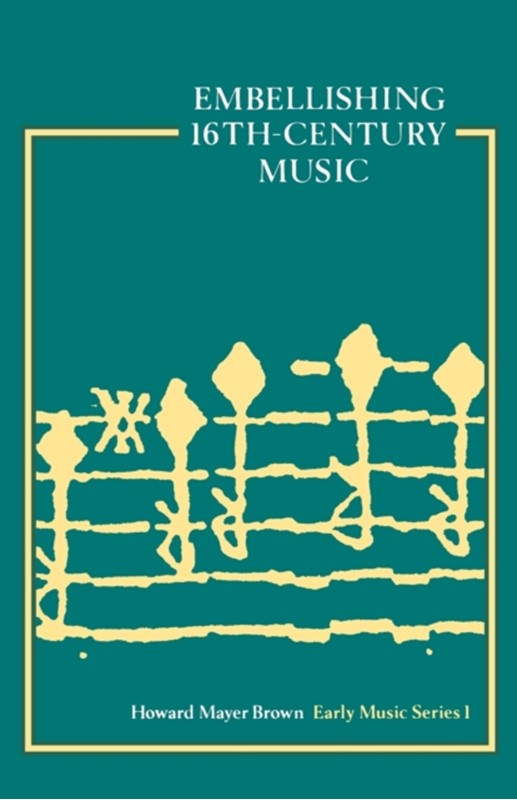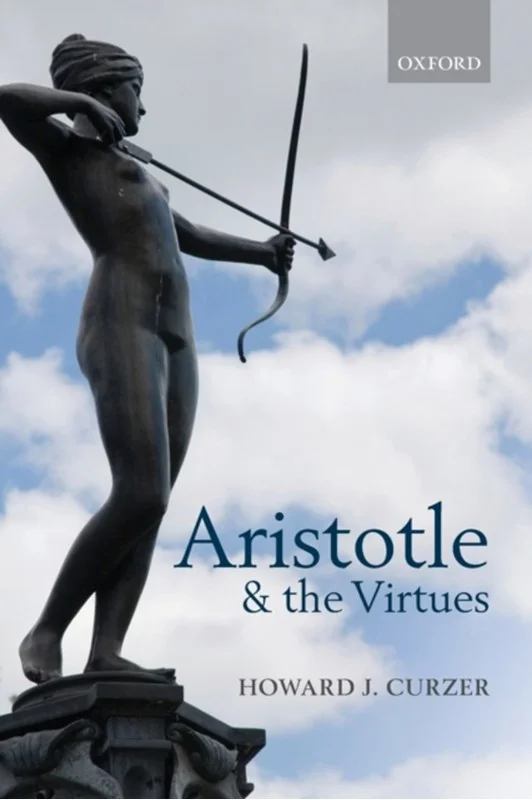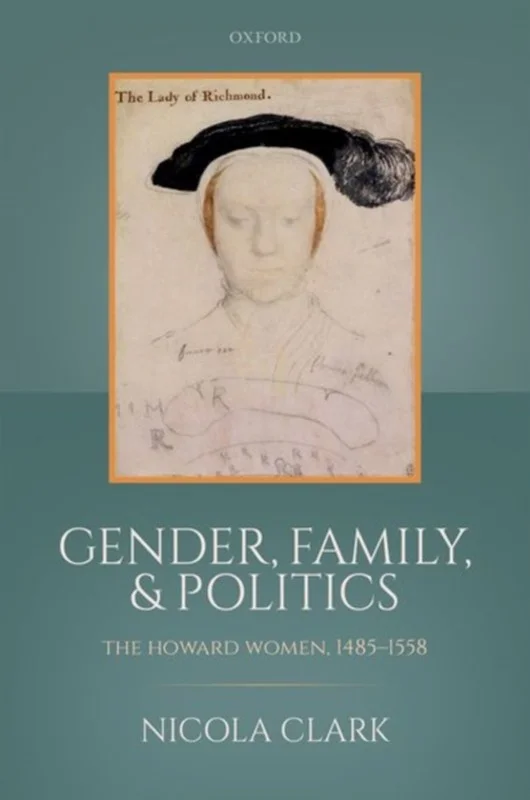Ebenezer Howard - Frances Knight - Bog - Oxford University Press - Booktok.dk
Ebenezer Howard (1850-1928) is famous worldwide for founding the Garden City movement, and he continues to be frequently cited by planners and theorists. When he was dying, he urged his prospective biographer to remember that ''the spiritual dimension'' had always been central to his life and work. He wanted this to be prominently brought out in any biography. Almost a century after his death, Ebenezer Howard: Inventor of the Garden City is the first book that does justice to that wish. Frances Knight has written a very readable biography, the first since the 1980s, with a properly contextualized analysis of Howard''s religious views. Shaped in the world of London Congregationalism, he became a keen seeker after unity and peace. He grafted new religious ideas, particularly from spiritualism, and later from Theosophy, into his biblically-informed, Protestant faith. Prone to spiritual epiphanies, he believed that he had been raised up to preach the ''gospel of the garden city'' and to tackle the housing crisis by beginning to build the New Jerusalem in the Hertfordshire countryside. Although he sometimes appeared naïve, he was astute, and highly skilled at combining different, and sometimes conflicting, ideas in a way that built consensus and gained support from people across the social and political spectrum. As well as explaining the remarkable sequence of events that led from the publication of his ideas to the foundation of Letchworth as the world''s first garden city, just five years later, this book investigates other neglected aspects of Howard''s life including: the years he spent in America, his career as a shorthand writer, and his relationship with his first wife Lizzie - herself an important garden city pioneer. Howard wanted his garden cities to be places of spiritual exploration, and as this book shows, early Letchworth certainly lived up to those expectations.

























